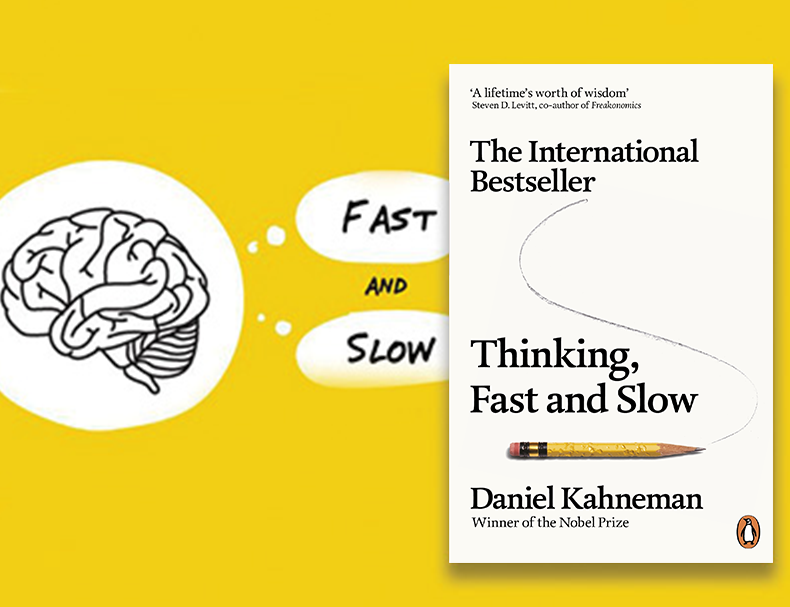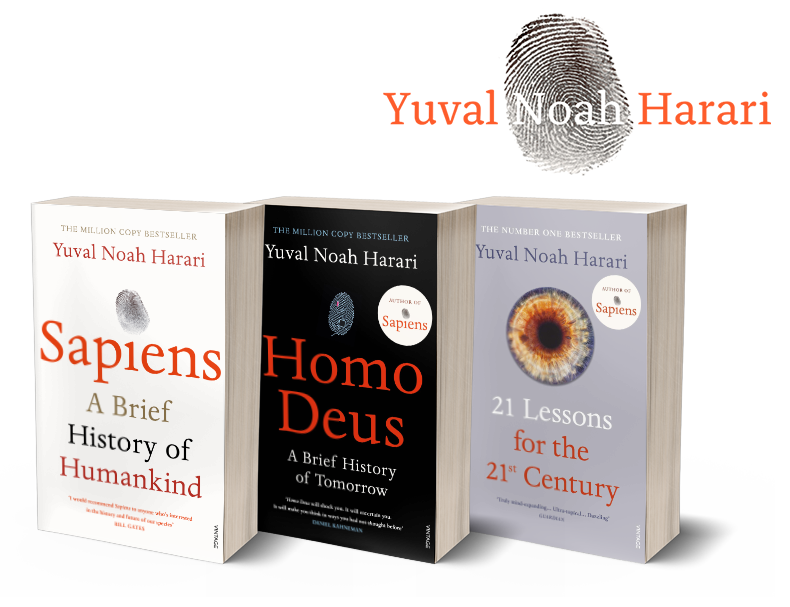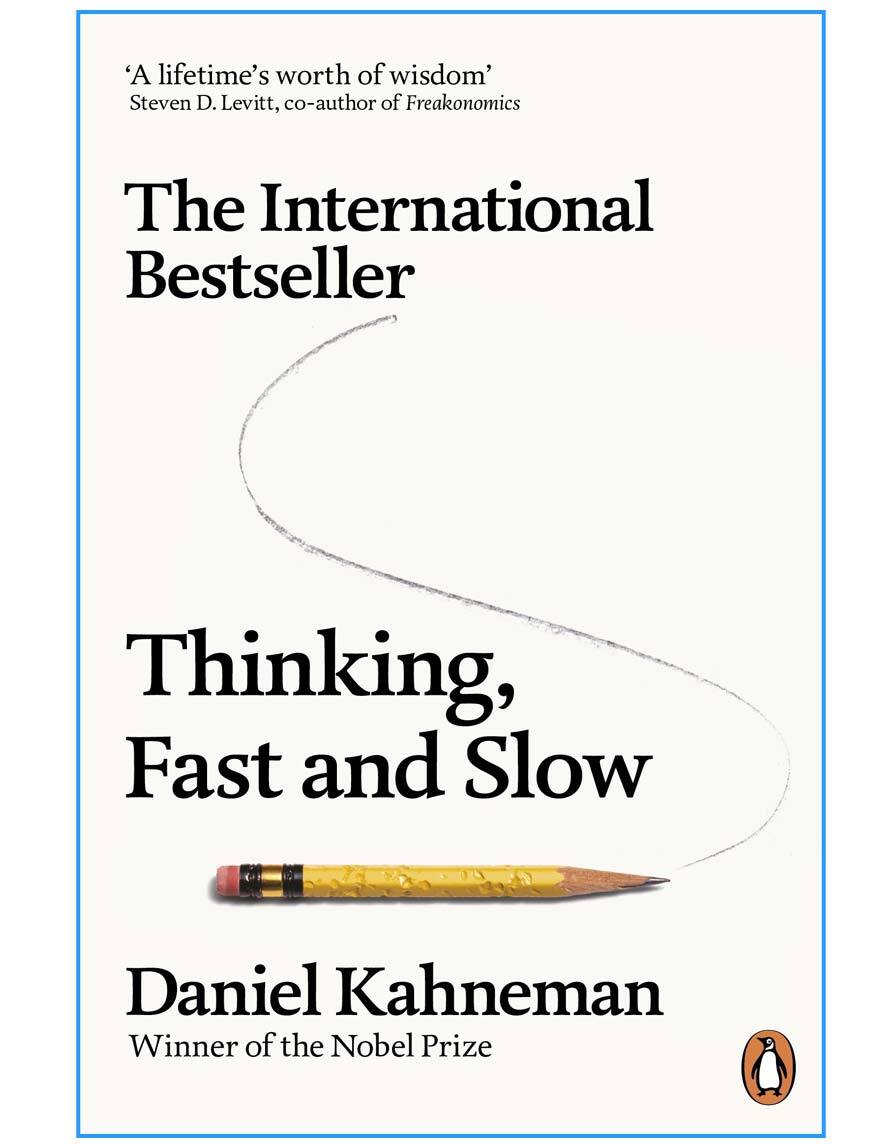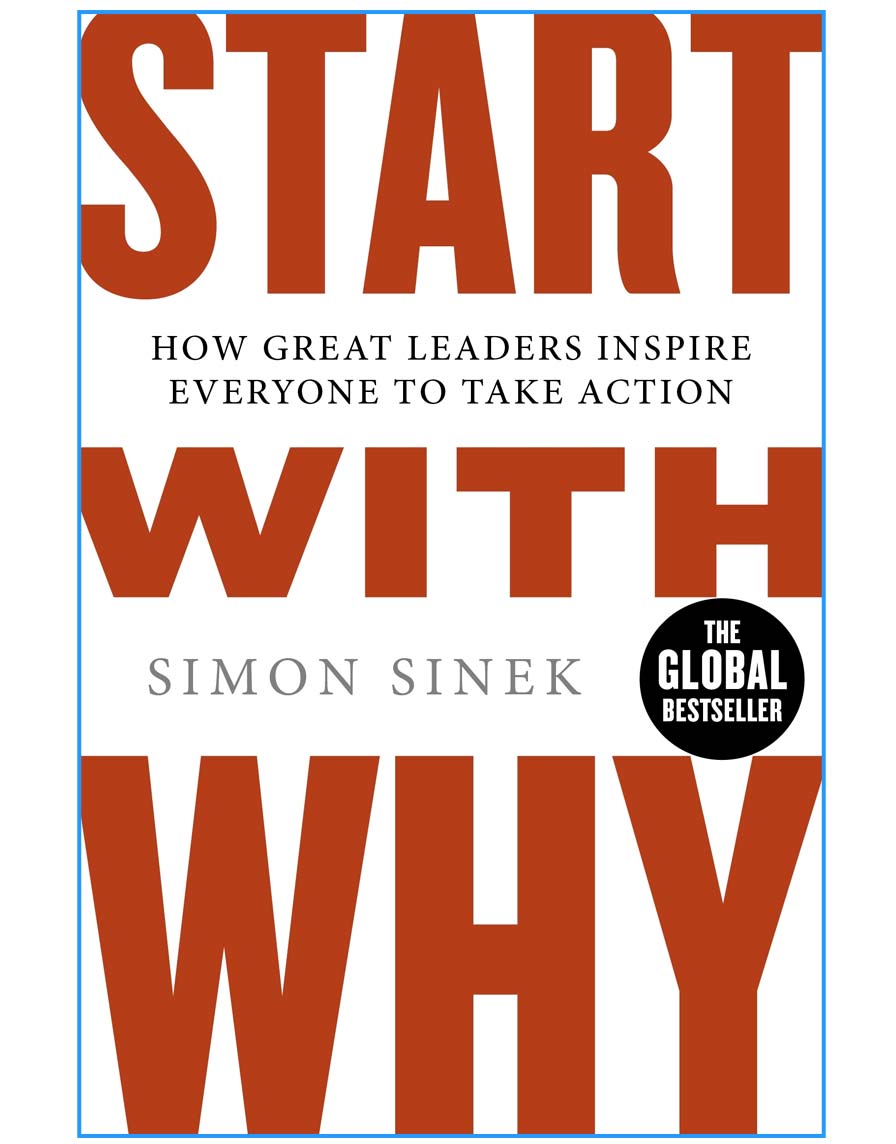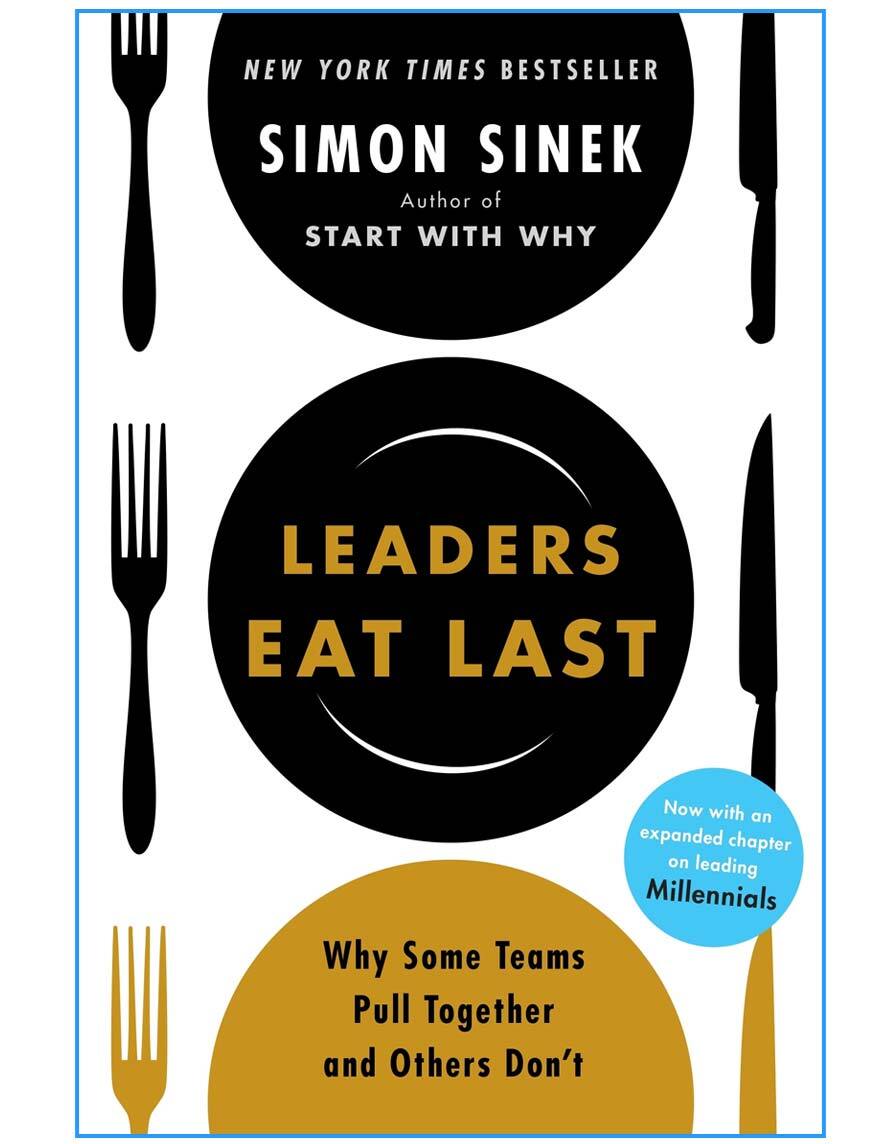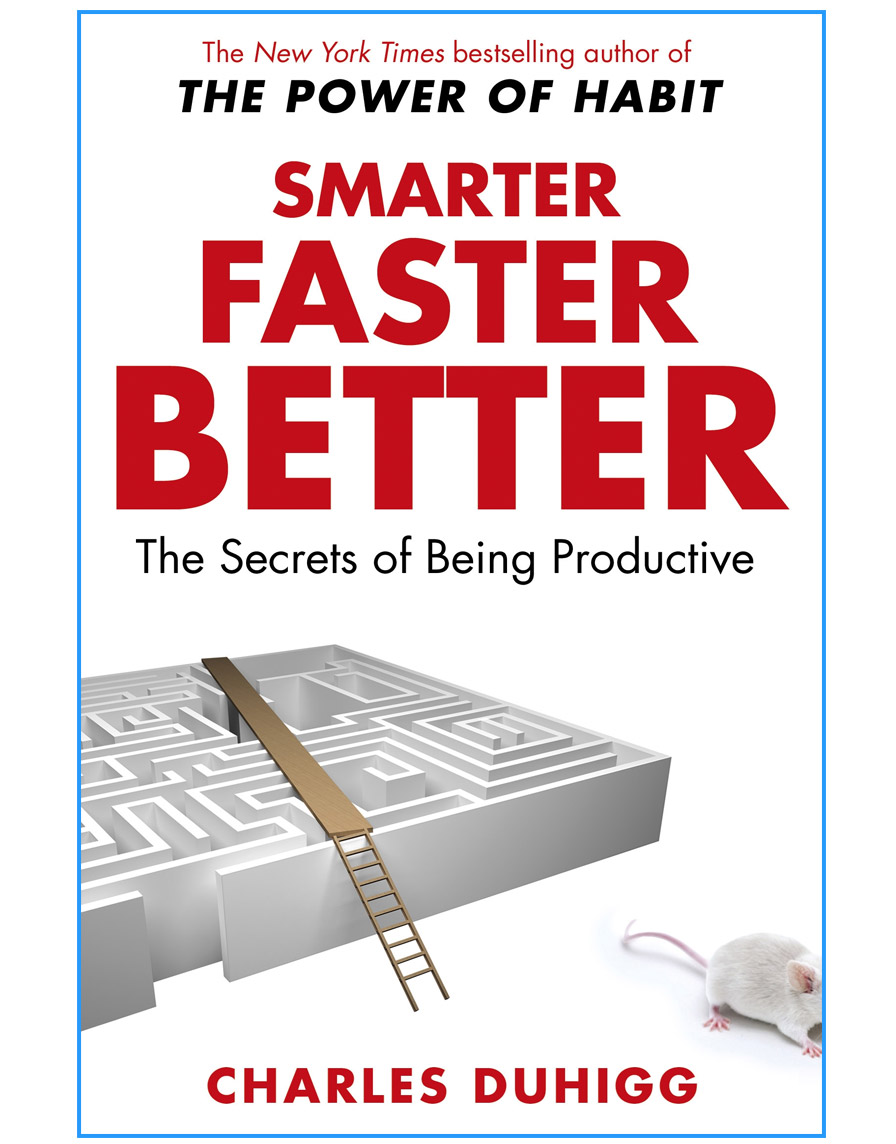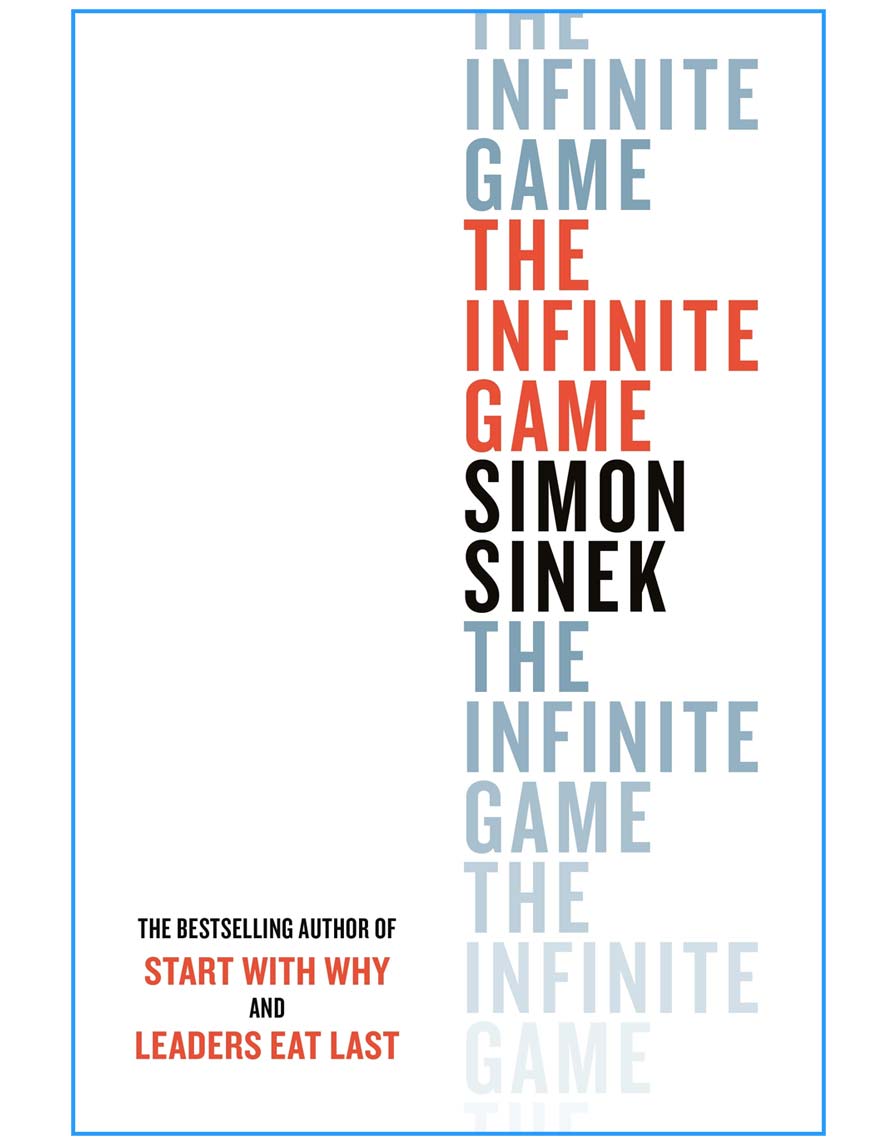Thinking, Fast and Slow
5 years agoAn outstandingly clear and precise study of the 'dual-process' model of the brain and our embedded self-delusions
A human being "is a dark and veiled thing; and whereas the hare has seven skins, the human being can shed seven times seventy skins and still not be able to say: This is really you, this is no longer outer shell." So said Nietzsche, and Freud agreed: we are ignorant of ourselves. The idea surged in the 20th century and became a commonplace, a "whole climate of opinion", in Auden's phrase.
It's still a commonplace, but it's changing shape. It used to be thought that the things we didn't know about ourselves were dark – emotionally fetid, sexually charged. This was supposed to be why we were ignorant of them: we couldn't face them, so we repressed them. The deep explanation of our astonishing ability to be unaware of our true motives, and of what was really good for us, lay in our hidden hang-ups.
These days, the bulk of the explanation is done by something else: the "dual-process" model of the brain. We now know that we apprehend the world in two radically opposed ways, employing two fundamentally different modes of thought: "System 1" and "System 2". System 1 is fast; it's intuitive, associative, metaphorical, automatic, impressionistic, and it can't be switched off. Its operations involve no sense of intentional control, but it's the "secret author of many of the choices and judgments you make" and it's the hero of Daniel Kahneman's alarming, intellectually aerobic book Thinking, Fast and Slow.
System 2 is slow, deliberate, effortful. Its operations require attention. (To set it going now, ask yourself the question "What is 13 x 27?" And to see how it hogs attention, go to theinvisiblegorilla.com/videos.html and follow the instructions faithfully.) System 2 takes over, rather unwillingly, when things get difficult. It's "the conscious being you call 'I'", and one of Kahneman's main points is that this is a mistake. You're wrong to identify with System 2, for you are also and equally and profoundly System 1. Kahneman compares System 2 to a supporting character who believes herself to be the lead actor and often has little idea of what's going on.
Daniel Kahneman won a Nobel prize for economics in 2002 and he is, with Amos Tversky, one of a famous pair. For many in the humanities, their names are fused together, like Laurel and Hardy or Crick and Watson. Thinking, Fast and Slow has its roots in their joint work, and is dedicated to Tversky, who died in 1996. It is an outstanding book, distinguished by beauty and clarity of detail, precision of presentation and gentleness of manner. Its truths are open to all those whose System 2 is not completely defunct; I have hardly touched on its richness. Some chapters are more taxing than others, but all are gratefully short, and none requires any special learning.


